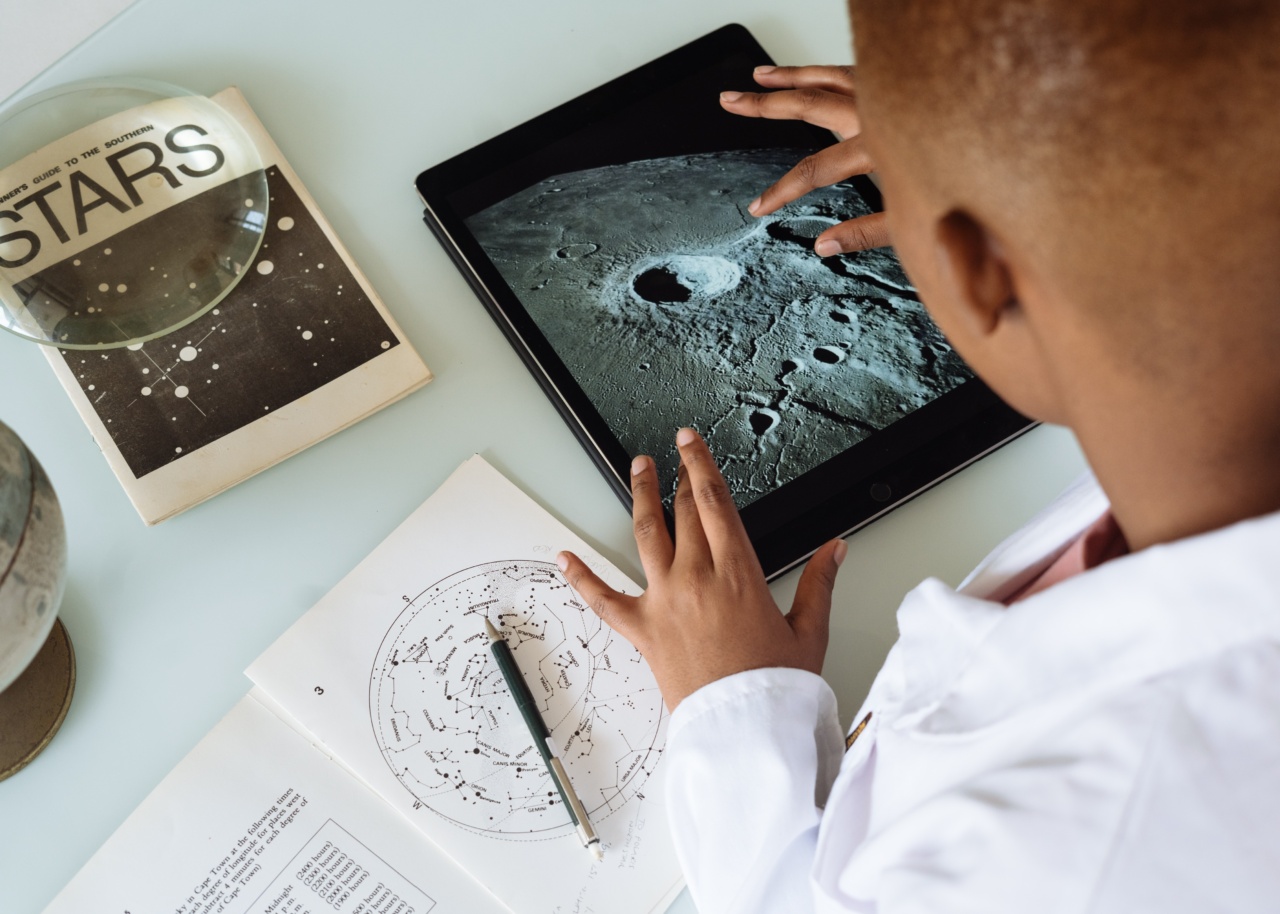Prostate surgery is often recommended for men who have prostate cancer, an enlarged prostate gland, or certain urinary tract problems. While surgery can be an effective treatment option, it can also be a challenging and sometimes painful experience.
Recovery after prostate surgery can take several weeks or even months, depending on the specifics of your surgery and your overall health.
What to Expect Immediately After Surgery
After surgery, you’ll be taken to a recovery room where you will be monitored closely by medical staff. It may take several hours before you regain full consciousness after anesthesia. During this time, you may feel groggy or disoriented.
You will likely have a urinary catheter in place to help drain urine from your bladder and prevent urinary tract infections. This will stay in place for a few days to a few weeks, depending on the specifics of your surgery. You may also have a surgical drain to remove excess fluid from the surgical site.
Managing Pain and Discomfort
Pain and discomfort are common after prostate surgery. Your doctor will likely prescribe pain medication to manage your pain and make you more comfortable during the recovery process.
It’s important to take these medications as directed and report any side effects or concerns to your medical team. You may also be instructed to use ice packs, heat packs, or other home remedies to manage pain and swelling at the surgical site.
Caring for Your Catheter
Your urinary catheter is an important part of your post-surgery recovery. It will help prevent urinary tract infections and reduce the risk of complications.
You’ll need to learn how to care for your catheter, including how to empty the drainage bag, clean the catheter site, and prevent infection. Your medical team will provide detailed instructions on catheter care and answer any questions you may have.
Getting Active Again
It’s important to get up and move around as soon as possible after surgery. This will help improve circulation, prevent blood clots, and reduce the risk of complications.
Your medical team will provide guidance on when it’s safe to resume normal activities, including exercise, driving, and other daily tasks. It’s important to follow these guidelines to ensure a safe and speedy recovery.
Managing Incontinence
Incontinence, or difficulty controlling urination, is common after prostate surgery. It may take several weeks or even months for your bladder to return to normal function. During this time, you may experience leakage or urgency when you need to urinate.
Your medical team will provide guidance on how to manage incontinence, including exercises to strengthen your pelvic floor muscles, medications, and other treatments as needed.
Watching for Complications
While prostate surgery is generally safe, there are potential complications that can occur. These include bleeding, infection, blood clots, and other complications related to anesthesia or surgery.
It’s important to watch for signs of complications, including fever, uncontrolled pain, swelling, redness, or discharge at the surgical site, and report these symptoms to your medical team immediately.
Supporting Your Mental Health
Recovering from prostate surgery can be a challenging and emotional experience. It’s important to take care of your mental health during this time, including seeking support from friends, family, and medical professionals.
You may feel anxious, depressed, or overwhelmed by the recovery process. These feelings are normal and can be managed with the help of a mental health professional, if needed.
Staying Positive
Recovering from prostate surgery can be a lengthy and often difficult process. It’s important to stay positive and focus on the improvements you’re making each day.
Celebrate small victories, such as walking a little further or experiencing less pain. Keep in mind that recovery is a process, and it’s normal to experience setbacks along the way.
Nutrition and Hydration
You’ll need to pay close attention to your diet and fluid intake during the recovery process. It’s important to eat a healthy, balanced diet that includes plenty of fruits, vegetables, lean proteins, and whole grains.
Drinking plenty of fluids is also important to promote healing and prevent dehydration. Your medical team may provide specific dietary guidelines based on your surgery and recovery needs.
Follow-Up Care
Follow-up care is an important part of the recovery process after prostate surgery. You’ll need to attend regular check-ups with your medical team to monitor your progress and ensure that you’re healing properly.
Your medical team may order additional tests, such as imaging studies or blood work, to monitor your recovery and detect any potential problems.






























